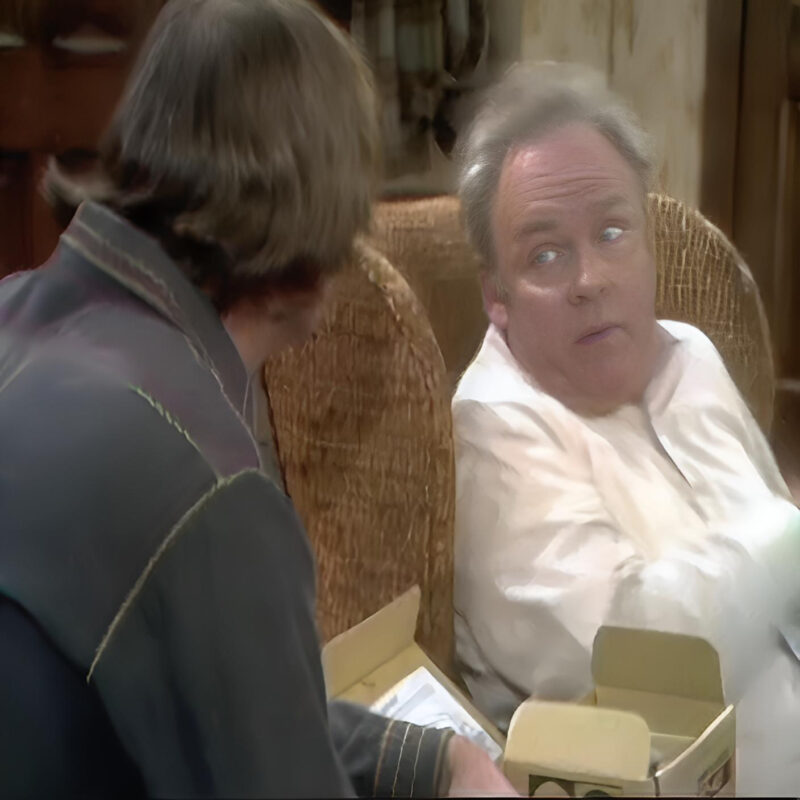
On a recent episode of Real Time, Bill Maher honored the legendary Norman Lear, who passed away a week and a half ago. Maher began by acknowledging Lear’s monumental impact on television, stating, “I couldn’t do my show if it weren’t for what he did.” Lear, known for groundbreaking shows like All in the Family and The Jeffersons, opened many doors in the television industry, allowing for bold storytelling and controversial topics to be explored. However, Maher lamented that many of these doors have since closed.
“TV is not what it was in the ’70s,” Maher declared, highlighting a shift in the television landscape. His guest, CNN’s Laura Coates, concurred, noting that today’s society might not tolerate the controversial content that Lear’s shows frequently addressed. “Some of the most controversial shows…I don’t know that — as much as we’ve evolved as a society — we would have the ability to do those shows [now] without it ending up on the cutting room floor…Someone would be afraid that too many folks would clutch their pearls,” Coates remarked.
Novelist Walter Kirn, another guest on the show, praised All in the Family for its complex characters and nuanced storytelling. “The great thing about that show is you never knew who the hero and the villain was. I had an uncle who thought Archie Bunker was the hero of the show. And for a while, I thought so too. I mean, he really held his own…The show gave a round portrayal of people of all kinds. And you kind of got a begrudging education of Archie over time. I think it gave more credit to the kind of characters that are now just dismissed. That wouldn’t be possible now,” Kirn observed.
Coates added that while characters like Archie Bunker might not be featured on today’s TV screens, their real-life counterparts still exist in society. “Archie Bunker is not really in the rear view mirror. Archie Bunker is the bit for the drunk uncle today. We’re talking about Donald Trump. We’re talking about people who feel left behind,” she said.
Maher appeared taken aback, asking, “You don’t feel there are less Archie Bunkers in America today?” Coates firmly replied, “We still have a lot of Archie Bunkers in this country.”
Returning to the topic of television, Maher cited a recent controversy involving the show Station 19 to illustrate how much things have changed. According to a Deadline report, a script for the show included numerous uses of a racial slur by a racist character. The script, written by a white writer, included the word “b—-r,” a derogatory term for a person of Latino descent. The outline caused such shock and disbelief among the writing team that the virtual room was temporarily shut down, and an organizational psychologist was brought in to mediate.
Maher expressed disbelief at the reaction, stating, “It’s a show where they were trying to depict a racist character…They shut down the show. They brought in an organizational psychologist.” He then posed a question to the panel, “Is this ever going to go back to where it was?” The panel had no definitive answer.
Maher’s tribute to Lear and the ensuing discussion underscored a significant shift in the television industry. While Norman Lear’s work broke barriers and opened dialogues on controversial issues, today’s climate appears more cautious and less willing to take similar risks. The legacy of Lear’s pioneering shows remains, but whether television will ever return to such bold storytelling is a question that remains unanswered.
4o
